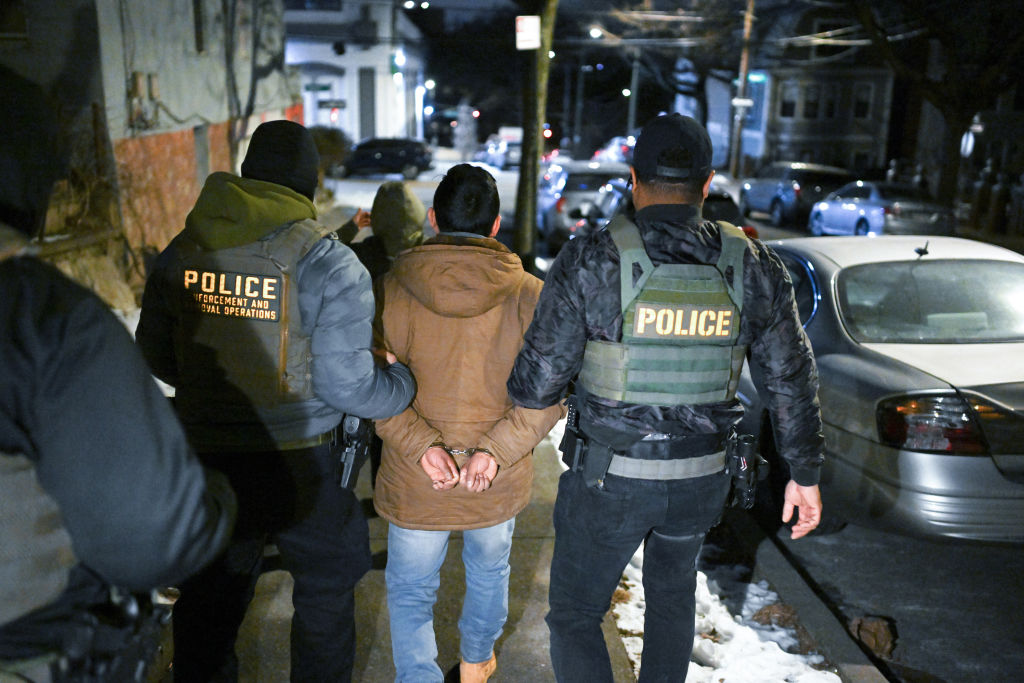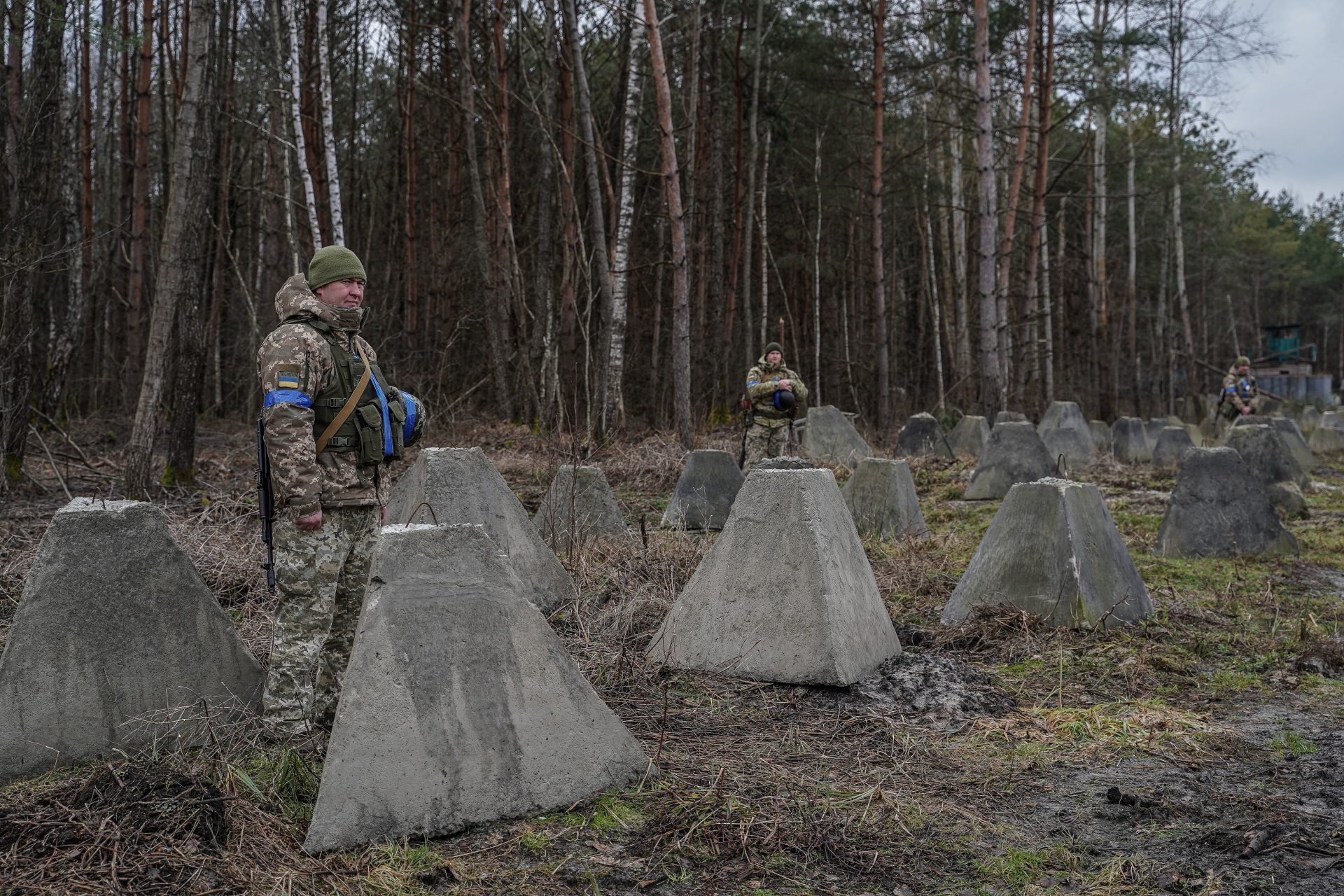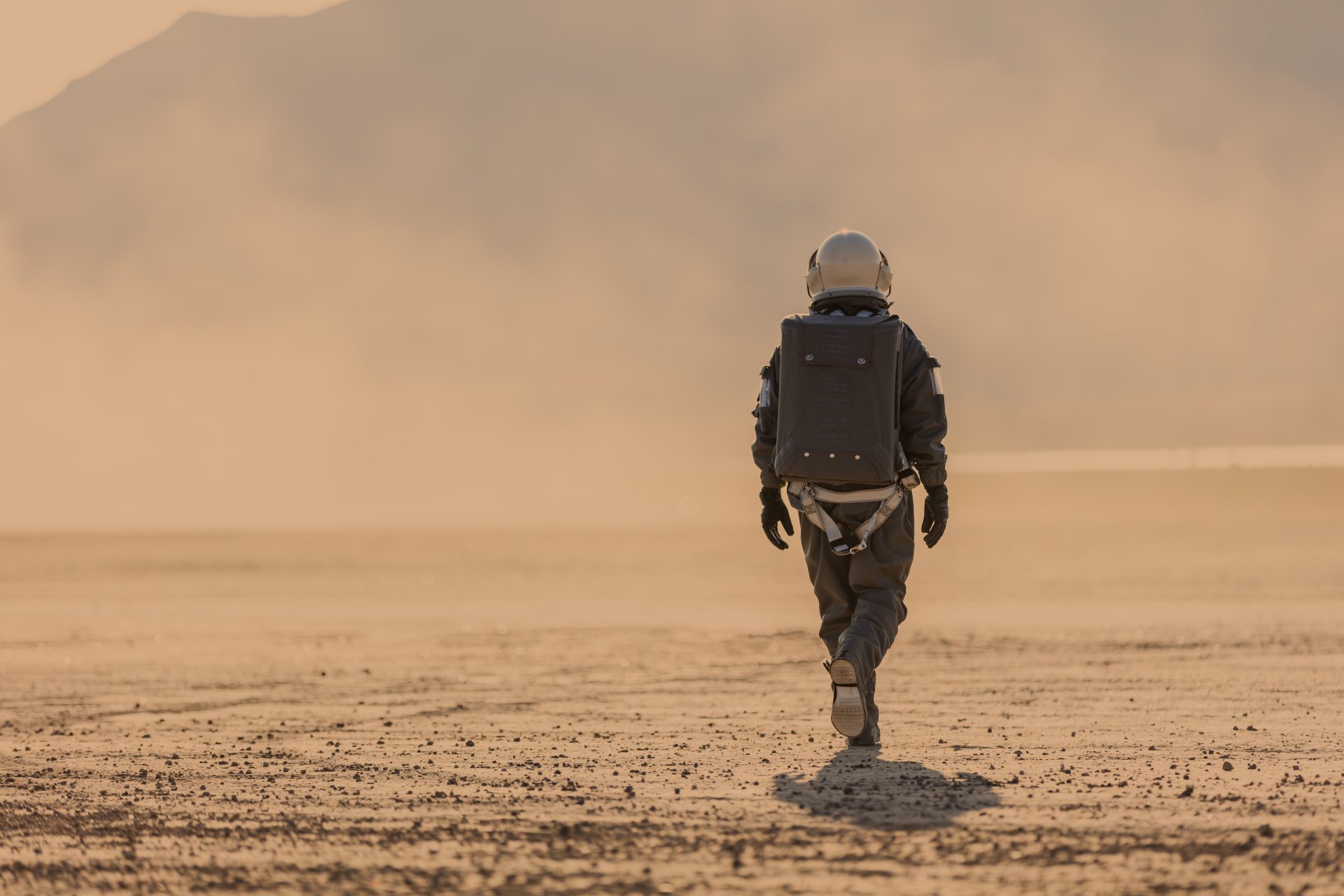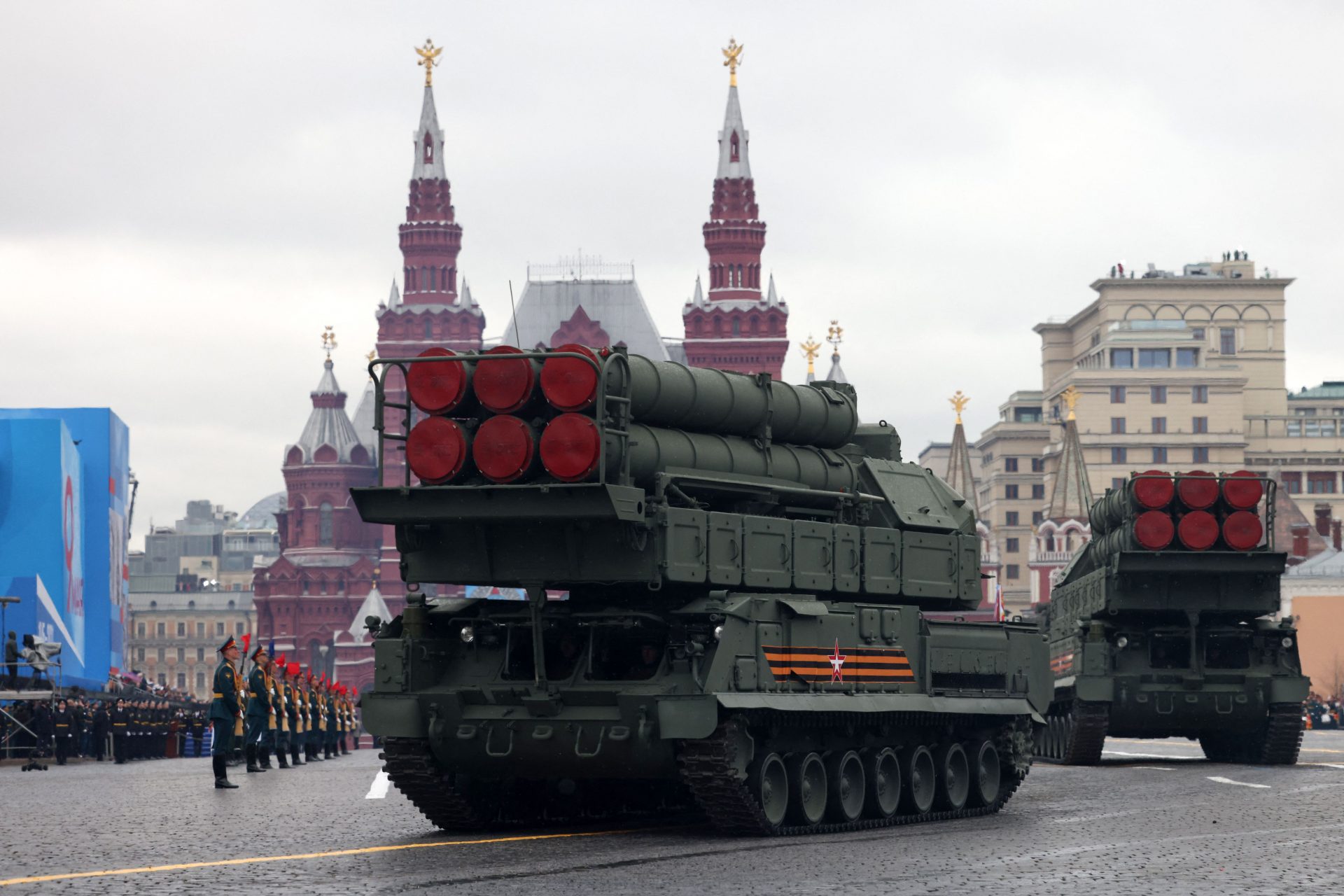Tragedy, loss and displacement: The lives altered by the Russia-Ukraine war
The Russia-Ukraine war has been going on for more than a year now. People have been killed, infrastructure has been destroyed and millions of lives have changed forever.
Western intelligence sources estimate that each side has suffered approximately 150,000 casualties since Russia launched its invasion on Feb. 24, 2022, Agence France-Presse reported. Moreover, about 8,534 civilians have been killed and 14,370 have been injured, according to the U.N.
More than 13 million people remain uprooted from their homes, including nearly 8 million refugees across Europe and more than 5 million internally displaced people within Ukraine, according to the UN Refugee Agency.
Many men have been forced to fight in a war they don’t agree with, both in Russia and Ukraine, leaving their families behind. Students have been turned into soldiers, watching their friends getting killed and fearing for their own lives. These are some of their stories:
BBC journalist Jeremy Bowen interviewed 19-year-old Maxsym Lutsyk, a Ukrainian student-turned-soldier who described the war situation like "h**l", saying “you see a lot of death around you.”
Maxsym Lutsyk's story paints a picture of artillery rain on soldiers who can do little: "We had been in trenches, sometimes in shelters from Soviet times and in a fire station". Their objective was basically to survive until the order to withdraw came.
What Maxsym Lutsyk told the BBC can be summed up in this heart-wrenching quote: "Friends die in your arms."
People equally mourn their loved ones, whether they're Russian or Ukranian. The German broadcaster, Deutsche Welle interviewed the mother of a 26-year-old Russian soldier killed in the early days of the war. She defined what her son had experienced near Kiev as a "bloodbath."
In the first days of the war, Russia wanted to take control of Kiev, the Ukrainian capital, although militarily the idea was absurd, according to a lot of analysts. Even so, the fights continued near the capital, and it was in one of them where the Russian soldier whose mother Deutsche Welle interviewed died.
"Our guys were surrounded and nobody came to their aid. They were shot at and shelled for a whole day. Think about it, the airport is basically an open field", said the mother of the Russian soldier who fought in what Putin calls a "special military operation."
The Russian army has shown that it is willing to bomb relentlessly until a city is reduced to rubble if necessary, as was the case with Mariupol. Oleg Supereka, recruited at the age of 53, was in Kharkov inside an administrative building that was bombed. He told his story to Los Angeles Times.
"There was so much glass, so much smoke, dust, that you couldn't see (...) So much blood, on the floor, on the wall, on the faces of the victims," recalled Oleg Supereka.
Children are also witnesses to the horror of the war. "I saw a Russian soldier shoot my father dead," said 14-year-old Yuriy to the BBC. He's a teenager from Bucha who was riding a bicycle with his dad when members of the Russian army shot at them.
Aleksey Yukov works as a body collector and quickly lost count of the bodies he's recovered in the Donbas. “I think it’s more than 300, but I can't be sure”, he told the BBC, just five months into the war.
But there is also room for epic tales of heroes that serve as propaganda. This is the case of the alleged response of the thirty coastguards who defended Snake Island (pictured).
When the Russians allegedly urged them to surrender, the Ukrainian soldiers answered, according to The Guardian: "Go F yourselves!"). The coastguards were captured but their honor remained intact.
The Ukrainian army's capacity for resistance undermines the morale of the Russian troops. One Ukrainian soldier summed it up for CNN after seeing the Russians' terrified reaction when one of their helicopters was shot down: "They're afraid of us."
In some occupied areas of Ukraine, Russian invaders have faced guerrilla tactics and resistance groups, like those seen in Iraq or Afghanistan, several media reported.
Even though European countries have offered support and hospitality for Ukrainians, many of them have not been able to build a new life. They struggle financially, find it hard to integrate and suffer from being separated from their loved ones.
Such is the story of Elena Diachkova, who was forced to flee with her daughter and her 2-year-old grandson, leaving her daughter’s husband and her own behind, NPR reported.
Their new life in Poland, turned out to be the beginning of a new struggle: financial hardship. Even though they both found jobs, it wasn’t enough to make ends meet. So eventually they returned to Kyiv, where they could still have their old jobs back.
In any case, the stories of people affected by the war are only a faint echo of the ongoing catastrophe. The so-called "fog of war" still prevails, which is a classic way of defining the uncertainty of the war or the inability to see a complete picture of victory, defeat or, simply, devastation.
More for you
Top Stories



































